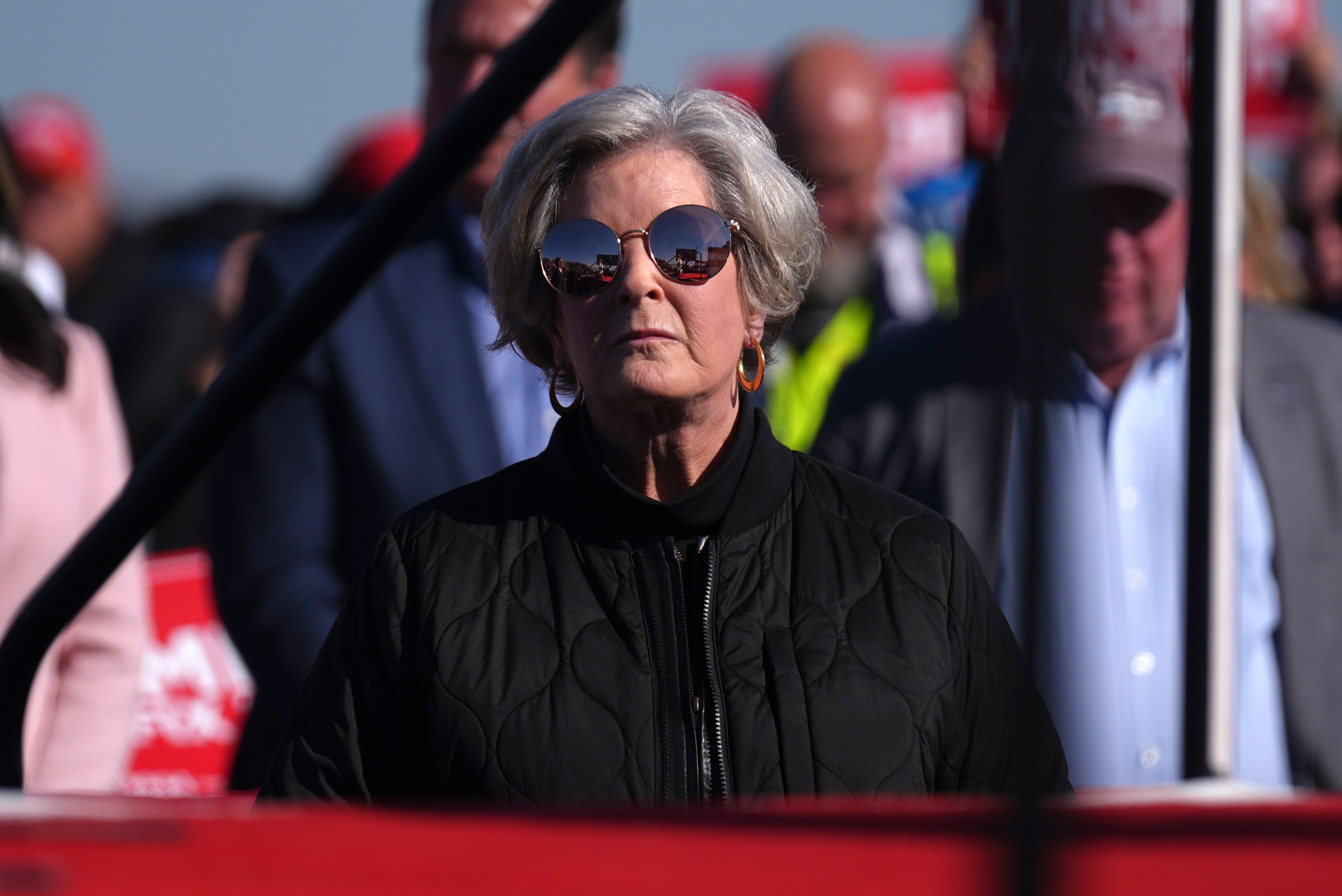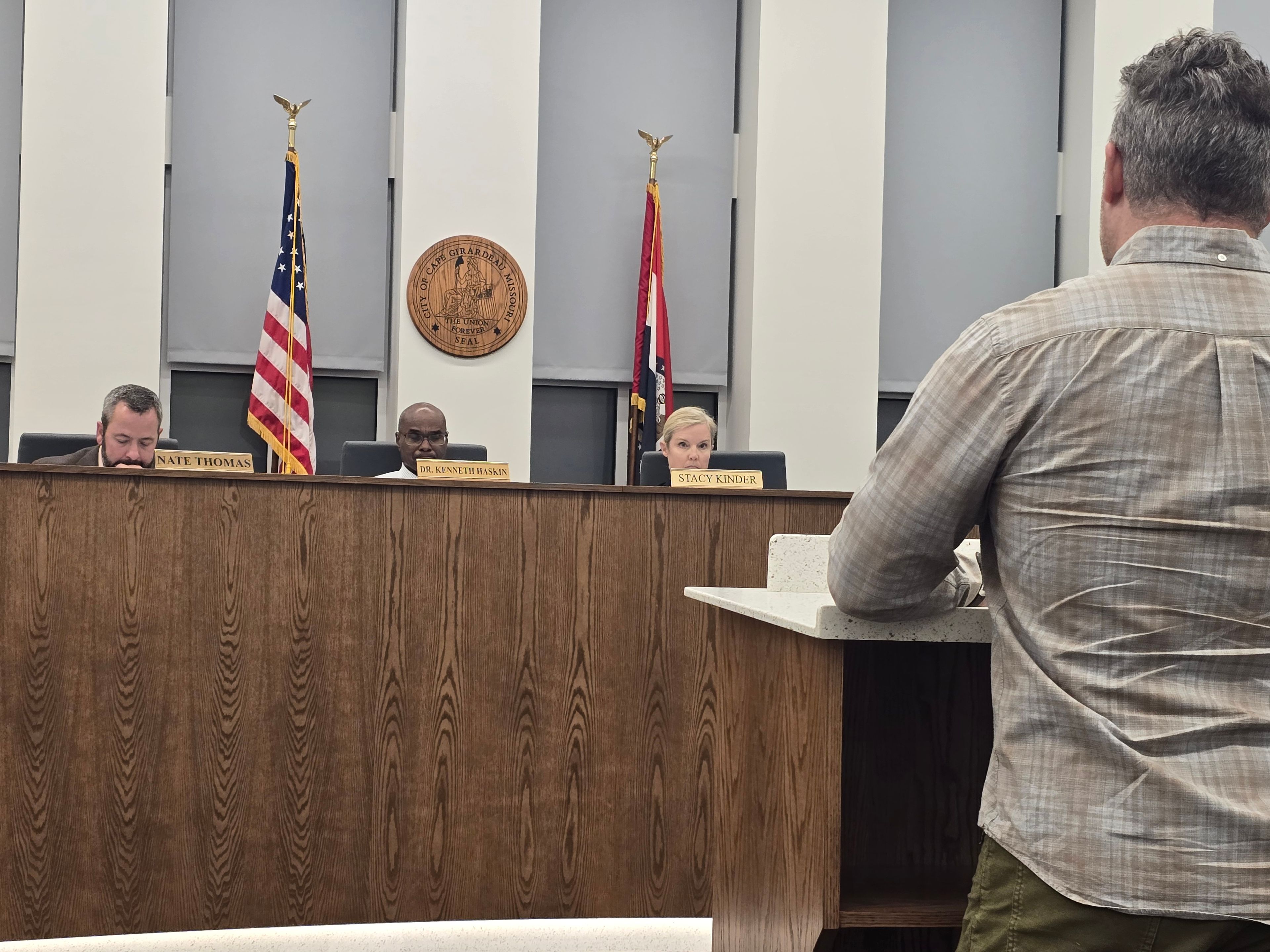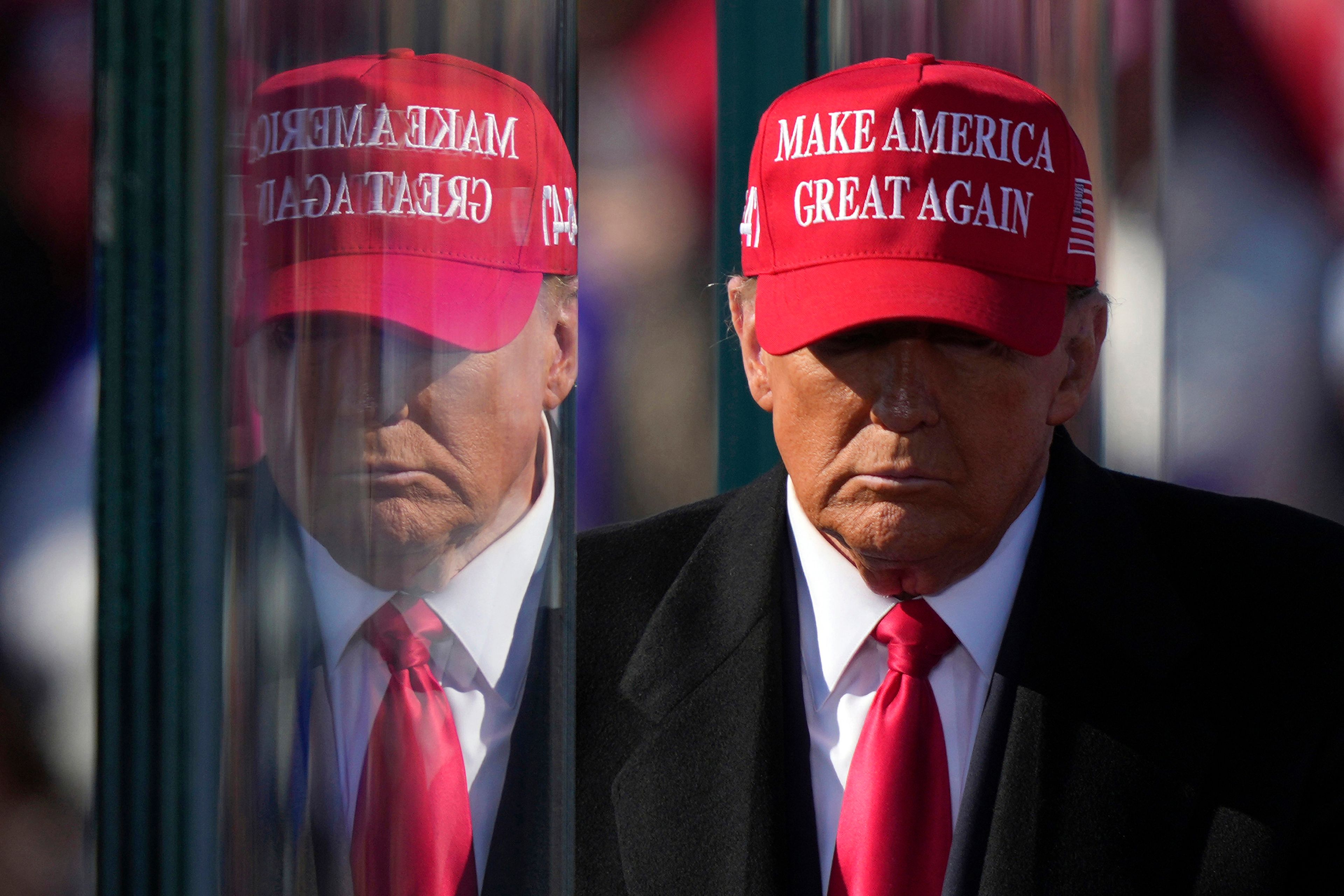Nasdaq dips below post Sept. 11 close, then rallies
AP Business WriterNEW YORK (AP) -- A burst of buying set off an afternoon tech rally on Wall Street Monday, reversing an earlier selloff that sent the Nasdaq composite index briefly below the closing low it reached after the Sept. 11 terror attacks. The major stock indexes had their first winning session in a week...
AP Business WriterNEW YORK (AP) -- A burst of buying set off an afternoon tech rally on Wall Street Monday, reversing an earlier selloff that sent the Nasdaq composite index briefly below the closing low it reached after the Sept. 11 terror attacks. The major stock indexes had their first winning session in a week.
But declining issues outnumbered advancers on the New York Stock Exchange, an indication that the rally was less than whole-hearted. Analysts said the gains reflected buying by traders to cover bets that stocks would fall further rather than any improvement in investor confidence. The approach of the end of the second quarter on Friday also increased the volatility.
"The market is groping for a bottom and we haven't found yet a catalyst to bring in aggressive buyers," said Robert Streed, portfolio manager of Northern Select Equity Fund in Chicago. Stock prices "haven't dropped low enough yet, and the news on balance continues to disappoint people. The corporate governance and terrorism issues are still weighing on investor psychology."
The technology-dominated Nasdaq closed up 19.38, or 1.3 percent, at 1,460.34, according to preliminary calculations, rebounding from an earlier decline of 26 points that put the index 9 points below its Sept. 21 close of 1,423.19.
Other indicators also recovered. The Standard & Poor's 500 index, which had come within 8 points of its Sept. 21 close, advanced 3.58, or 0.4 percent, to 992.72.
And the Dow Jones industrial average rose 28.03, or 0.3 percent, to 9,281.82, putting it more than 1,000 points above its Sept. 21 finish.
All three indexes last closed higher on Monday, June 17.
The Dow, which traded between a gain of 116 points and a loss of 170 points during the day, owed much of its comeback to its tech components, including IBM, Microsoft and Intel.
IBM rose 95 cents, or 1.4 percent, to $69.70 despite falling early in the session after Goldman Sachs reduced its estimates on the stock because of difficult business conditions. Intel rose 60 cents, or 3.2 percent, to $19.33, while Microsoft soared $1.88, or 3.6 percent, to $54.16. Intel and Microsoft also have a significant influence on the Nasdaq.
Still, investors were selective. Lucent dropped 6 cents to $2.28, while Nortel lost 18 cents to $1.67 after UBS Warburg reduced its outlook for each company.
Outside the tech sector, Martha Stewart Living Omnimedia fell $3.42, or 21.4 percent, to $12.55 following a Wall Street Journal story that raised more questions about whether CEO Martha Stewart engaged in insider trading.
Philip Morris slid $3.85 to $48.80 on concerns that tobacco companies are increasingly vulnerable to lawsuits.
And Dynegy fell 12 cents to $7.40 after cutting its dividend in half and announcing plans to sell some assets to improve its balance sheet.
Many of Monday's gains were attributed to what's known as short covering. In short covering, investors have to buy stock to replace shares that they borrowed earlier and sold on the expectation of further declines.
But analysts say the fundamental problems that caused the Nasdaq to dip below its post-Sept. 11 milestone remain: bleak corporate earnings prospects, accounting scandals and the possibility of more terrorism.
Although the market rebounded last November to its pre-attack levels, the gains proved unsustainable as Wall Street began to realize that business had not recovered. Technology stocks have been particularly hard-hit by the continuing market malaise. With the economic turnaround less robust than investors had hoped for, companies in a variety of industries have cut back their purchases of high-tech equipment and software.
The second-quarter earnings reports due out next month were supposed to reassure investors that business was improving. Instead, a string of warnings from companies have made many investors reluctant.
Still, some analysts believe that the market might be at the beginning of a turnaround.
"If one looks beyond the short-term noise, I think the economy is starting to act a little better, the stock market is starting to be more reasonably valued -- not excessively cheap, but OK -- and corporate profits are improving despite the problems in technology and telecom," said Charles G. Crane, strategist for Victory SBSF Capital Management.
Declining issues led advancers 3 to 2 on the NYSE, while on the Nasdaq Stock Market, advancers had a better than 3-to-2 lead over losing stocks.
Volume came to 1.55 billion shares, compared with 1.81 billion Friday. Volume was unusually heavy Friday because it was what's called a triple-witching session, the quarterly expiration of index futures and index and stock options.
The Russell 2000 index fell 1.98 to 459.09.
Overseas, Japan's Nikkei stock average rose 1.1 percent. In Europe, Germany's DAX index lost 2.5 percent, Britain's FTSE 100 slipped 1.4 percent, and France's CAC-40 dropped 3.4 percent.
------
On the Net:
New York Stock Exchange: http://www.nyse.com
Nasdaq Stock Market: http://www.nasdaq.com
Connect with the Southeast Missourian Newsroom:
For corrections to this story or other insights for the editor, click here. To submit a letter to the editor, click here. To learn about the Southeast Missourian’s AI Policy, click here.







